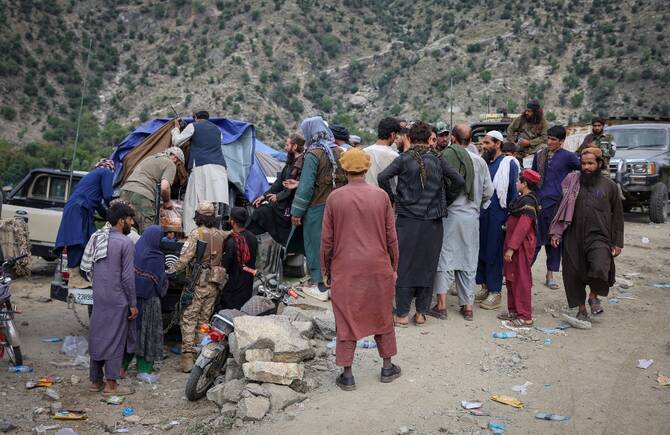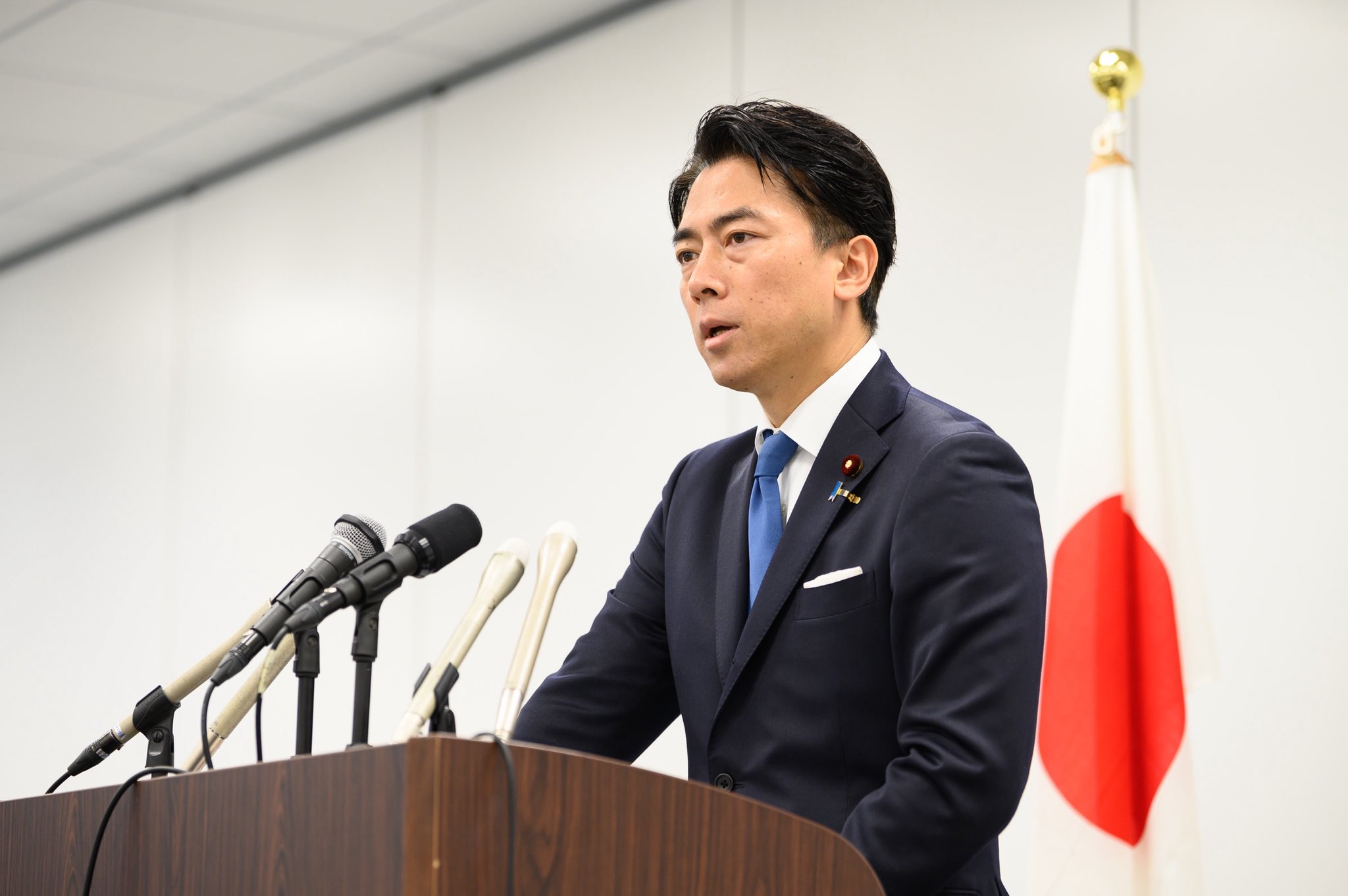In a move that reflects both national pride and the delicate balancing act of global diplomacy, India has taken its first concrete step to push back against the tariff-heavy trade policies of former U.S. President Donald Trump.
The government has proposed new tariffs on certain U.S. products—its first official retaliation in response to Washington’s duties on Indian steel and aluminum. While details remain scarce on exactly which products will face higher import taxes, the intent is clear: India is standing its ground.
According to a document filed with the World Trade Organization (WTO) on May 12, India stated that these new levies are part of a suspension of previous trade concessions given to the U.S. This decision, while firm, comes at a time when India and the United States are inching closer to a long-awaited trade deal. Behind the headlines and statistics is a much more human story—of jobs, industries, and sovereignty.
For Indian steelmakers, many of whom form the backbone of local economies, Trump’s 25% tariff on steel and 10% on aluminum imports, originally imposed in 2018 and extended again this year, has felt like a slap. India, as the world’s second-largest crude steel producer, has seen $7.6 billion worth of its exports hit by these U.S. trade barriers.
The Trump administration hasn’t stopped there. It’s also dangled the threat of 26% reciprocal tariffs on Indian goods. Despite these pressures, India had, until now, chosen diplomacy over direct confrontation. Last month, New Delhi signaled a willingness to reduce its own tariff gap with the U.S. by two-thirds—an olive branch in hopes of securing a meaningful trade agreement.
But sometimes diplomacy needs a little muscle. Last month, India also imposed a 12% temporary tariff on steel imports, particularly to guard against cheap imports from countries like China. The message was unmistakable: Indian industries deserve protection, and Indian workers deserve fairness.
“This comes at a very sensitive time,” said Ajay Srivastava of the Global Trade Research Initiative. “India is walking a tightrope. On one side is a push for free and fair trade with the U.S., and on the other is a need to respond to unfair practices. Retaliation is never the first choice—but sometimes, it’s the necessary one.”
As India and the U.S. aim to finalize a broader trade deal by fall, the world will be watching. But more importantly, so will Indian workers, entrepreneurs, and families—hoping their voices are being heard not just in the halls of diplomacy, but also in the markets where livelihoods are made or broken.




